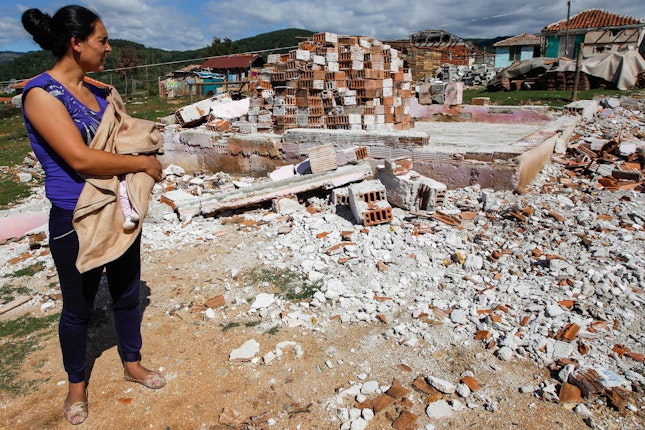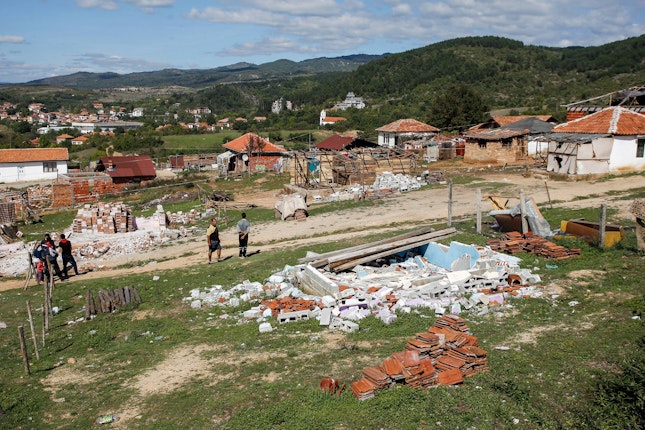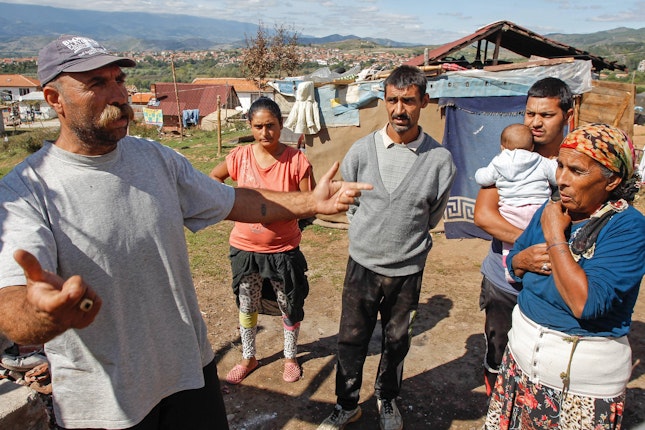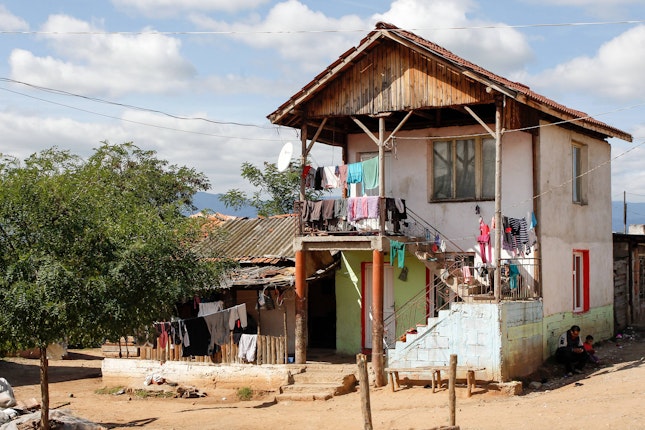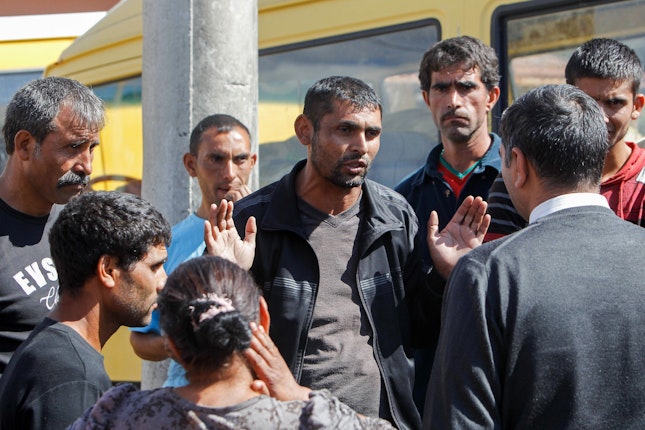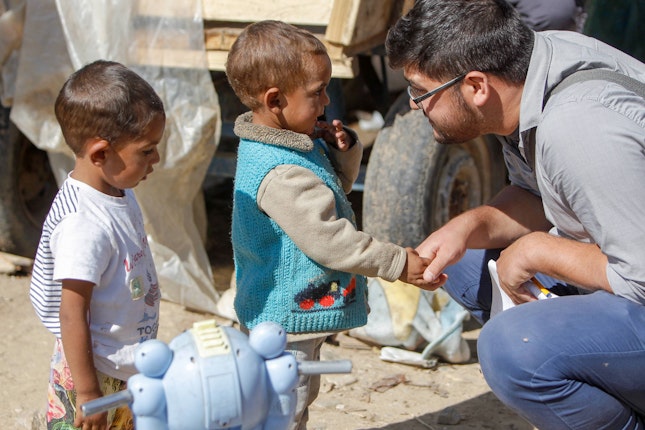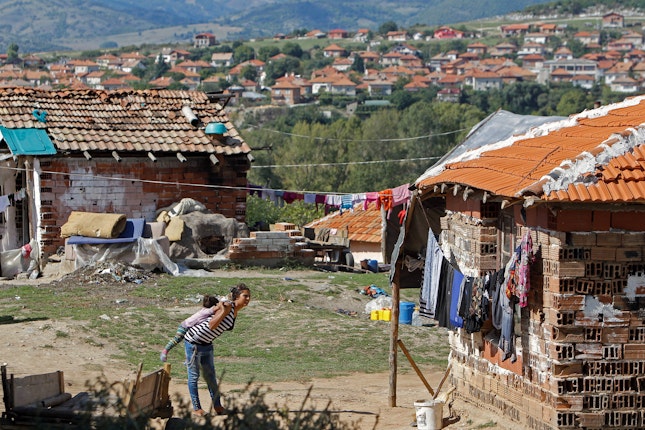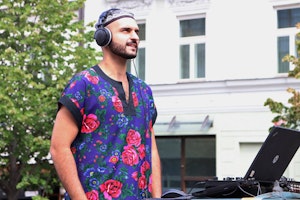Opportunistic Politicians in Bulgaria Evict Roma for Votes
By Kaloyan Stanev
Security officers knock on your door and tell you that you and your family have an hour to collect your valuables and leave your home. One hour. Before the bulldozers arrive and destroy it.
You had heard about these demolitions, but no one knew whose houses would be destroyed—until the bulldozers came.
This scenario has been unfolding in the Bulgarian village of Garmen for the last four months. So far, about 10 families have lost their homes. Along with a delegation from the American embassy in Sofia, staff from the Open Society Foundations, and members of Roma civil society, I visited Garmen on Thursday to meet with the now-homeless families and listen to the stories of the villagers.
On my way back to Sofia after the visit, I was worried about the future of the people I met in Garmen, and shocked by the brutality of the mayor, who told us that she is determined to demolish 16 more Roma homes before the municipal elections on October 25.
Altogether, there are 124 houses on the government demolition list. They were built in the early 1960s on municipal land by special decrees of the communist regime, which, in 1957 and 1958, handed down laws that forced Roma to settle in permanent homes. Today, over 800 Roma live in the neighborhood. The status of their homes has remained unclear for decades, and even though they were aware that their houses were considered illegal, the municipal authorities had issued a “certificate of tolerance” that made their demolition unlikely.
The Roma community in Garmen is a solid one. The vast majority of the people living in the neighborhood were born there. They have strong ties to their village, their neighborhood, and their homes. Most do not have a stable income; they make money mainly by collecting berries, mushrooms, and herbs in the surrounding mountains and selling them. Most of the money they earn is invested in basic needs like food and medicine.
Nevertheless, quarrels between Roma and non-Roma villagers are frequent. Last May, a group of non-Roma complained that the music some Roma were playing was too loud. An altercation followed. Soon, violent anti-Roma protests were being organized by local nationalists, who were joined by football hooligans and other right-wing nationalist groups. People were injured, and the police forbid Roma children from going to school, saying they couldn’t protect them.
Bulgaria’s national media covered the story using racist language. Garmen became a national affair. By the end of June, the first bulldozers were sent by the state authorities to demolish Roma homes without prior notice to the families.
Since then, the Roma rendered homeless have relied on neighborhood solidarity to get by. They’ve moved in with family, friends, and neighbors in the absence of government assistance. In the run-up to municipal elections, such travesties are occurring all over Bulgaria, in the towns of Varna, Stara Zagora, Dupnitsa, and Peshtera. It is clear that these demolitions are being orchestrated by local authorities looking to win votes by playing on nationalist and racist fervor.
In Garmen, I saw families who lost everything. I saw an opportunistic mayor who preferred gaining votes over offering alternative housing to homeless people in her municipality. I saw the impact that perverted democratic institutions have on people’s lives.
It is unclear whether or not demolitions of Roma homes will continue in Bulgaria after the elections. What is certain is that dozens of families are left homeless, in Garmen and elsewhere, and that politicians there seem to have no plans to decrease tensions between Roma and non-Roma.
The Bulgarian Helsinki Committee is a grantee of the Open Society Foundations.
Kaloyan Stanev is a researcher in the monitoring and research program at the Bulgarian Helsinki Committee.
